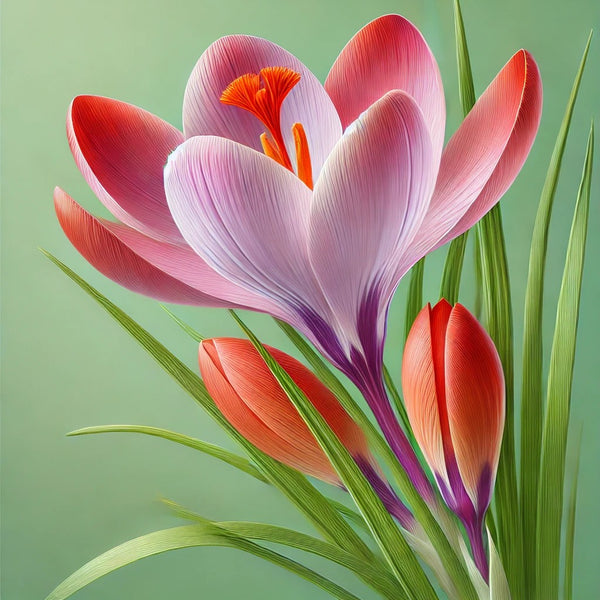1
/
of
20
Azalea viscosum-Swamp Azalea-Fragrant Flowers 2 Gallon
Azalea viscosum-Swamp Azalea-Fragrant Flowers 2 Gallon
Regular price
$140.00 USD
Regular price
$182.00 USD
Sale price
$140.00 USD
Unit price
/
per
Shipping calculated at checkout.
SKU:nsf6882-redcrocus
Couldn't load pickup availability
Azalea viscosum
Description
The Azalea viscosum, commonly known as the Swamp Azalea, is a deciduous shrub native to the eastern United States. It is known for its fragrant, white to pinkish flowers that bloom in late spring to early summer. This plant thrives in wetland areas and is often found in swamps and along stream banks.
Suggested Uses
Ideal for woodland gardens, bog gardens, and naturalized areas. It can also be used as a border plant or in mixed shrub plantings. Its fragrant flowers make it an excellent choice for sensory gardens.
Plant Details
-
 Botanical Name: Azalea viscosum
Botanical Name: Azalea viscosum -
 Common Name: Swamp Azalea
Common Name: Swamp Azalea -
 Size & Growth: 3-5 feet tall and wide
Size & Growth: 3-5 feet tall and wide -
 Hardiness Zones: 4-9
Hardiness Zones: 4-9 -
 Foliage Type: Deciduous
Foliage Type: Deciduous -
 Bloom Time: Late spring to early summer
Bloom Time: Late spring to early summer -
 Growth Rate: Moderate
Growth Rate: Moderate -
 Light Requirements: Partial shade to full sun
Light Requirements: Partial shade to full sun -
 Attracts Pollinators: Yes, attracts bees and butterflies
Attracts Pollinators: Yes, attracts bees and butterflies -
 Indoor Friendly: No
Indoor Friendly: No -
 Container Friendly: Yes, with proper care
Container Friendly: Yes, with proper care -
 Deer Resistant: No
Deer Resistant: No -
 Pet Warning: Toxic if ingested
Pet Warning: Toxic if ingested -
 Fragrant: Yes
Fragrant: Yes -
 Cut Flower: Yes
Cut Flower: Yes -
 Grows Well With: Ferns, hostas, and other moisture-loving plants
Grows Well With: Ferns, hostas, and other moisture-loving plants
Care Tips
-
 Planting Instructions: Plant in spring or fall, ensuring the root ball is level with the soil surface.
Planting Instructions: Plant in spring or fall, ensuring the root ball is level with the soil surface. -
 Soil Moisture: Keep soil consistently moist but not waterlogged.
Soil Moisture: Keep soil consistently moist but not waterlogged. -
 Soil Type: Prefers acidic, well-drained soils rich in organic matter.
Soil Type: Prefers acidic, well-drained soils rich in organic matter. -
 Humidity: Thrives in humid conditions.
Humidity: Thrives in humid conditions. -
 Pruning Instructions: Prune after flowering to maintain shape and remove dead wood.
Pruning Instructions: Prune after flowering to maintain shape and remove dead wood. -
 Winter Care: Mulch to protect roots in colder climates.
Winter Care: Mulch to protect roots in colder climates. -
 Planting Depth: Plant at the same depth as in the nursery pot.
Planting Depth: Plant at the same depth as in the nursery pot. -
 Fertilization: Fertilize in early spring with a balanced, slow-release fertilizer.
Fertilization: Fertilize in early spring with a balanced, slow-release fertilizer. -
 Special Care: Avoid overhead watering to prevent fungal diseases.
Special Care: Avoid overhead watering to prevent fungal diseases.
Share








































